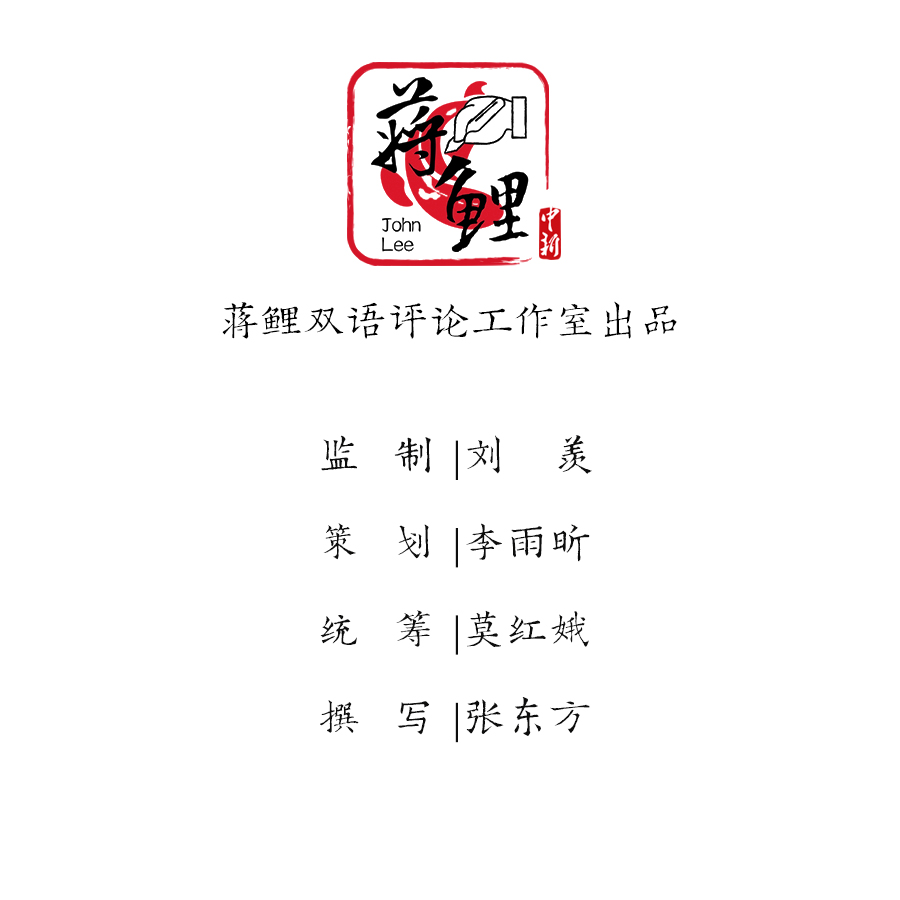中新网评:美国“超级大国”是制裁出来的吗? (图)
发布时间:2022-04-04 13:22 | 来源:中国新闻网 2022年04月02日 09:01 | 查看:465次
中新网北京4月2日电 (蒋鲤) 《纽约时报》近日发表评论文章,称美国为全球唯一的“制裁超级大国”,并指出美国应该明智地使用这种权力。事实上,动辄发起单边制裁,不仅无法解决问题,缓解地缘冲突,反而会有损美国的全球信任度,最终使美国走向孤立。
据美国财政部发布的报告,截至2021财年,美国已生效的制裁措施累计达到9400多项,比20年前增长了近10倍,数量之多令人咋舌。难道美国的“超级大国”地位是制裁出来的吗?
伊朗、叙利亚、古巴、委内瑞拉等国都因为制裁阻碍了正常的对外经贸活动,导致本国经济发展受限,民众生活水平持续低迷。
而另一方面,美国虽然打着“支持乌克兰”的旗号发起对俄罗斯的严厉制裁,却导致油价高企,令不少欧洲国家苦不堪言。
正如美国塔夫茨大学学者丹尼尔•德雷兹纳撰文指出,过去10年间,经济制裁已成为美国几乎所有外交问题的首选解决方案。但事实上,美国这种单边制裁正逐渐失去威慑力,俄罗斯和伊朗等国对美国的强硬态度就是美国制裁失败的最好证明。
不仅如此,美国频频挥舞“制裁大棒”,盟友也深受其害。在美国的“长臂管辖”下,法国“工业明珠”阿尔斯通就曾惨遭美国“肢解”;为保护本国天然气行业和维护自己在欧亚地区的地缘政治利益,美国对连接德国和俄罗斯的“北溪-2”项目实施多轮制裁,最终导致该项目至今未能完工;上个世纪,日本也在著名的“东芝事件”中受到美国打压。
从本质上讲,这种不分敌友的制裁行为是对他国主权的侵犯,不仅损害了他国经济利益,这种“美国优先”的心态也会使美国在全球合作中逐渐被孤立。
肆意对主权国家和他国合法经营企业实行单边制裁,企图用政治霸权影响商业秩序,阻碍全球正常经贸合作,就是从侧面反映出,美国外交影响力逐渐衰弱,在面对经济全球化和世界多极化的历史潮流时,维护霸权地位能用的武器越来越少。
当下,全球化进程受阻,各国加强合作、共同维护正常的贸易规则和秩序才是全球发展之道。美国挥舞“制裁大棒”,逆潮流而行,极不明智,终会引起越来越多的反对和批评,使美国走向孤立。

Sanctions fuel U.S. role as superpower?
By John Lee
(ECNS) -- An opinion work in The New York Times called the U.S. “the only sanctions superpower” and said the country “must use that power wisely.” The U.S. has been keening on using sanction weapons for a long time. Is the "superpower" nurtured by sanctions?
But arbitrary sanctions are by no means a good choice to solve problems or to alleviate geopolitical conflicts. On the contrary, it will gradually damage the world's trust in the country, eventually leading the U.S. to isolation.
According to the 2021 Sanctions Review released by the U.S. Treasury Department, by fiscal year 2021, the U.S. had over 9,400 effective sanction designations, almost 10 times the number 20 years ago.
U.S. sanctions on countries such as Iran, Syria, Cuba and Venezuela have impeded their normal economic and trade activities with the world, resulting in sluggish economic development and low quality of life for people in those countries.
U.S. sanctions on Russia under the pretext of “backing up Ukraine” have raised global oil prices and many European countries are also suffering from Russian counter-measures.
Daniel W. Drezner, a scholar at Tufts University, pointed out in his article The United States of Sanctions that to anyone paying attention to U.S. foreign policy for the past decade, it has become obvious the United States relies on one tool above all: economic sanctions.
However, such sanctions are losing potency, as evidenced by the tough attitude of Russia and Iran towards the country.
What’s more, U.S. sanctions also affect relations with its allies. For example, the world-famous Alstom of France has been split due to the U.S.’ “long-arm jurisdiction." The North Stream 2 connecting Germany and Russia is still uncompleted due to obstruction by the U.S., which tries to protect its liquefied natural gas industry and its geopolitical interests in Eurasia. Even Japan has been suppressed by the U.S. in the Toshiba event last century.
Sanctions without distinction are infringements on the sovereignty of other countries and a blow to their economic interests. The "America first" mentality will gradually exclude the country from global cooperation.
The U.S. wantonly imposes unilateral sanctions on sovereign countries and legally operated enterprises, in an attempt to use political hegemony to influence business order and hinder normal global economic and trade cooperation. This reflects that the diplomatic influence of the U.S. is gradually weakening, and that there are fewer cards it can play to maintain its hegemony in the face of economic globalization.
Globalization requires all countries across the world to cooperate and jointly safeguard normal trade rules to promote global development. U.S. sanctions go against this trend, which will eventually trigger worldwide opposition, criticism and isolation.

【编辑:房家梁】




发表评论
网友评论
查看所有评论>>